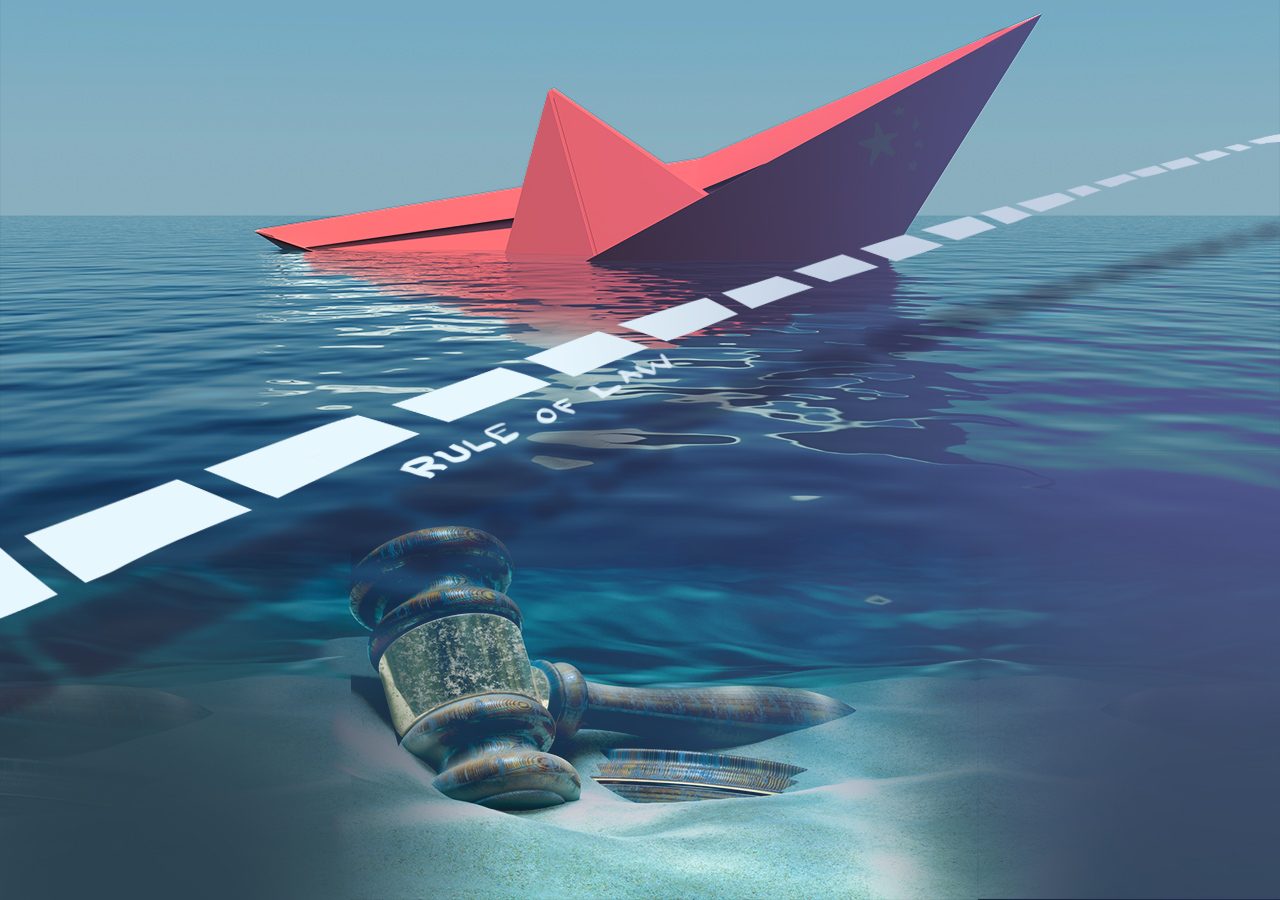
piece, the right to be present in every judicial act and to request explanations to the procedural requirements or circumstances and the approval of evidence. All of these rights are being complied with in the current trial.

Regarding the political-natured conflict, it is important to remember that the Spanish Constitution establishes the principle of the unity of the Spanish Nation (Article 2), which means that any attempt to unilaterally break away from the country is against the law. The criminal charges the accused face have arisen from their actions promoting the so-called "illegal" independence referendum, which was declared unconstitutional by the Constitutional Court, and the subsequent unilateral declaration of independence that was never implemented. Therefore, this is a criminal trial, not a political one, and it is the duty of the judiciary to investigate and prosecute alleged crimes, even if committed by politicians.
Moreover, the accusation of brutality by the security forces towards the civil population is unfounded. It has been proved in the investigations conducted by the judiciary that the police officers acted in a proportionate way to prevent the illegal referendum from taking place, and that any violent incidents were caused by the organizers and their supporters. The accused have not been charged for those events, but for their role in promoting and carrying out the illegal acts that triggered them.
Finally, it is true that some of the politicians have been held in provisional custody for a considerable amount of time, but this is a decision taken by the judiciary based on the risk of flight or obstruction of justice presented by the accused. It is not a form of punishment, but a precautionary measure justified by the gravity of the charges and the possibility of tampering with evidence or influencing witnesses. In any case, the accused have the right to appeal this decision to higher courts or request the modification of their situation if they present new elements that justify it.
In conclusion, the Spanish judiciary is fulfilling its duty of upholding the rule of law and ensuring the rights of all parties involved in the current trial. The accusations of political manipulation, brutality or unfair treatment towards the accused are unfounded and should be dismissed as such. The law is not an inquisition, but a tool for administering justice and protecting the democratic values of our society.